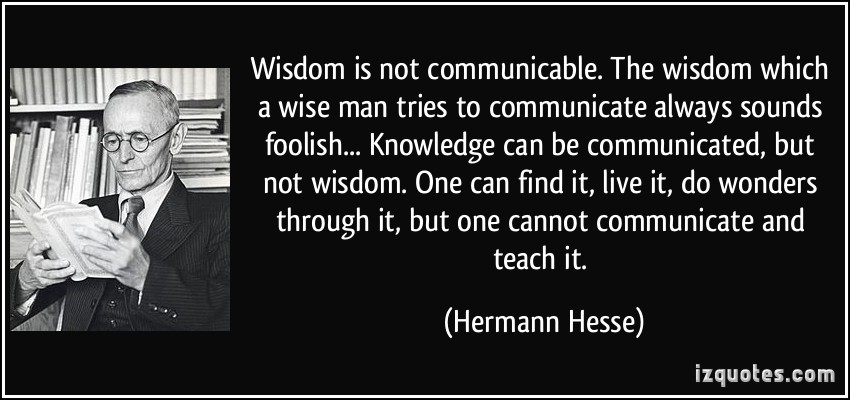If you go to a rock concert and the band plays all the songs on their album, just like they sound on the album, you think it was a great concert. But things are not so easy for a comedian or a philosopher.
I once heard a comedian lament that it’s much harder to do comedy than music. The audience expects fresh material and new jokes at every humorous show. Unlike the rock concert where people buy tickets to hear their favorite songs, the comedian’s fans feel cheated if the comic retells jokes.
Being a philosopher has its challenges. When the philosopher says something profound, it immediately rings true to the listener. The audience thinks. “Oh, ya. That makes sense.” So the listeners then assume they knew it all along or could have figured it out on their own. The audience then accuses the philosopher of being a fool for telling them something so obvious.
The philosopher’s job is to point out to people things people should already know, or wisdom the audience could arrive at on their own if they thought about it. But the listeners likely would not have thought about it on their own if the philosopher had not pointed the idea out to them in the first place.
To be wise is to be willing to appear to be foolish. As the Greek slave turned philosopher, Epictetus, warned, “If you want to improve, be content to be thought foolish and stupid.” For it is the fool who tricks himself into believing that he knew the answer all along, while the wise man is like Socrates who said, “I am the wisest man alive, for I know one thing, and that is that I know nothing.”
I’ll leave you with one final thought on the issues from the martial arts master and philosopher, Bruce Lee,
“A wise man can learn more from a foolish question than a fool can learn from a wise answer.”
— Bruce Lee

